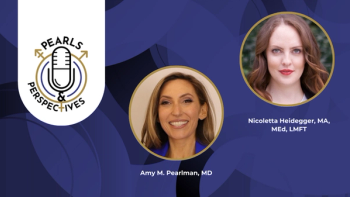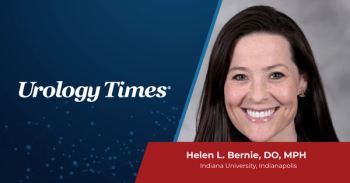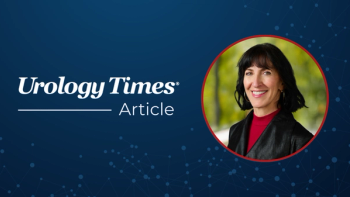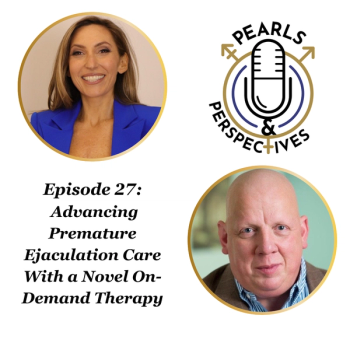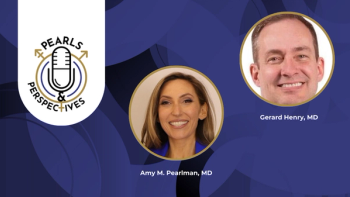
Trial to evaluate shock wave therapy and PRP combination for erectile dysfunction
“I think a clinical trial like this that is funded by the NIH and taxpayer dollars will hopefully provide an unbiased answer of whether it works and who it works in,” says Ranjith Ramasamy, MD.
The University of Miami is currently recruiting participants for a trial (NCT05048667) analyzing the safety and efficacy of combining shock wave therapy and platelet-rich plasma (PRP) for the treatment of erectile dysfunction.1 In this interview, Ranjith Ramasamy, MD, one of the trial’s investigators, discusses the study and research goals in more depth. Ramasamy is the director of Male Reproductive Medicine and Surgery at the University of Miami Desai Sethi Urology Institute in Miami, Florida.
Could you describe the background for this study?
Erectile dysfunction has several treatments such as [phosphodiesterase type 5] inhibitors, intracavernosal injections, and penile implants. All of these treatments for erectile dysfunction do not provide a cure. They do not reverse the underlying pathophysiology of erectile dysfunction. They serve as a mere bandaid to fix the problem.
Restorative therapies for erectile dysfunction have become popular and are being used to reverse the underlying pathophysiology in men with erectile dysfunction. The most commonly used restorative therapies are shock wave therapy, platelet-rich plasma (PRP), and stem cell therapies. At the University of Miami, we have previously done a trial using shock wave therapy as a monotherapy for treatment of erectile dysfunction. We're trying to see if combining shock wave therapy along with PRP will make an additive impact on the improvement in erectile function in men with erectile dysfunction.
This trial is currently ongoing. What is the expected timeline?
The trial is funded by the National Institutes of Health [NIH]. It's a total of 60 patients, and it's a pilot and feasibility clinical trial. We have recruited about 15 patients so far. The time frame for recruitment is still until December 2023. We anticipate having results by June of 2024.
What are you hoping to find?
We're hoping to find, first and foremost, if it is safe. Can we do both shock wave therapy and platelet-rich plasma together? Second, we're trying to see if it offers improvement in some men. That's the question that we're trying to answer now. We know that it works; we just don't know who it works in. Using this trial, as broad as the inclusion criteria are, we want to determine which men would best benefit from restorative therapies like shock wave therapy and PRP.
What implications might this have for practicing urologists and patients with erectile dysfunction?
It has wide implications. A lot of urologists are using it now. Sometimes non-doctors are already offering this therapy to men with erectile dysfunction. Men are paying mostly cash. I think a clinical trial like this that is funded by the NIH and taxpayer dollars will hopefully provide an unbiased answer of whether it works and who it works in. It'll help us, as urologists, determine who to offer these therapies to and which patients would best benefit from the therapy. Obviously, [it would help] set expectations and counseling on what the expected effects can be if these men receive these therapies.
Reference
1.Saltzman RG, Molina ML, Ledesma BR, et al.Rationale and design for the COCKTAIL trial: A single-center, randomized, double-blind, sham-controlled study combining shockwave therapy and platelet-rich plasma for erectile dysfunction. Eur Urol Focus. Published online October 22, 2022. Accessed November 18, 2022. doi:10.1016/j.euf.2022.09.015
Newsletter
Stay current with the latest urology news and practice-changing insights — sign up now for the essential updates every urologist needs.

